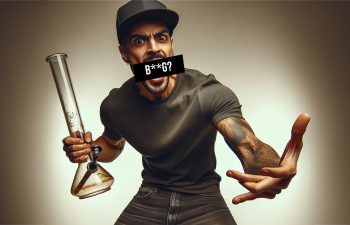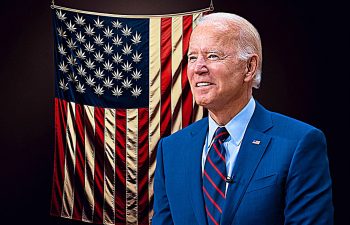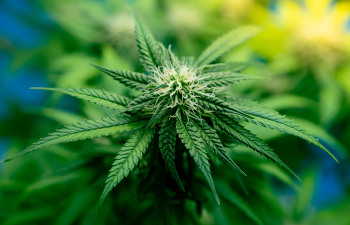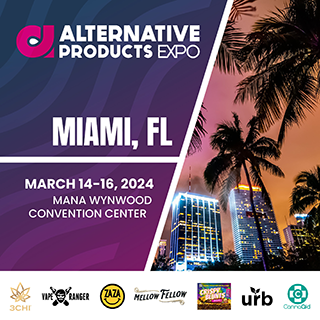for Microbial Content, Pesticides, or Heavy Metals
The CBD industry’s peer-reviewed watchdog Leafreport.com recently undertook an comprehensive review of 2946 products from 136 brands to verify how many were being tested by third-party facilities for purity or potency. The report also released a list of the top ten most transparent brands.
“The CBD industry is still very unregulated,” said Shafir, the head of product at Leafreport. “There have been many cases of companies selling products that contain little to no CBD–that’s why third-party testing is so critical for brands in this industry.”
Pure, Clean CBD? It’s Unlikely: Only 13% of Brands Tested Almost All of Their Products for Purity
‘Clean’, ‘safe’, ‘natural’, or ‘pure’ CBD are pivotal selling points for many CBD brands. However, these buzz words are meaningless without the evidence to support such claims.
One of the key findings of the report was that only 13% of CBD companies tested almost all of their products for detectable levels of contaminants such as heavy metals, pesticides, or microbial content. But 25% didn’t test any of their products for purity at all.
“We were stunned to find that of the big-name brands we reviewed, one in four didn’t test any of their products for the presence of contaminants,” said Shafir. “It’s particularly concerning given that hemp, from which CBD is extracted, is a phyto-remedial plant that absorbs toxins and heavy metals from the soil”.
Do Most CBD Products Deliver the Promised Potency? Don’t Bet on It–84% Don’t Measure within the Acceptable Variance
Among other key findings exposed by the report were significant discrepancies between the product’s labelled potency compared with the contents of the bottle.
The concentration of CBD stated on a product label must match the concentration measured by the testing laboratory within a 10% variance, which means that a high-quality CBD product is expected to have CBD levels that are within 90–110% of what is advertised.
84% of the 2946 products tested were found to be outside the limits of acceptable variance. Leafreport also uncovered that only 42% of brands tested all their products for potency.
“The number of brands sidestepping third-party potency testing, or testing outside the allowable variance, is a genuine source of concern,” commented Shafir.
“Testing to ensure the potency of your product is accurate is a fundamental aspect of brand integrity–especially in the case of CBD products that are frequently used as medicine. Children diagnosed with rare forms of pediatric epilepsy use CBD to help control seizures, so it’s absolutely essential that their caregivers know what’s in the bottle to get dosage right.”
Less is More: Brands with Fewer than 8 Products are More Likely to Test for Both Purity and Potency
Another telling finding revealed by the report was that brands offering 7 products or less were more likely to test most of their products for both potency and purity, as opposed to brands with over 40 products. These results suggest that third-party testing may be more manageable, and financially practicable, for brands with fewer products.
It’s Time for CBD Brands to Level Up and Become More Accountable
Overall, the findings of the report indicate that vast discrepancies and unknowns characterize what consumers believe they are purchasing–and the actual contents of the CBD product.
“The excitement generated by CBD has led to the explosion of largely unregulated industry that must become more accountable to consumers,” reflected Shafir.

http://d1h.7b5.myftpupload.com/industry-insights/1-out-of-4-cbd-products-is-not-tested/?fbclid=IwAR0ih9_—UVMaK3xssQ6gXX17GwuP4fDbbXSRKDVZMz0krJ7UKUkkIpUf4










